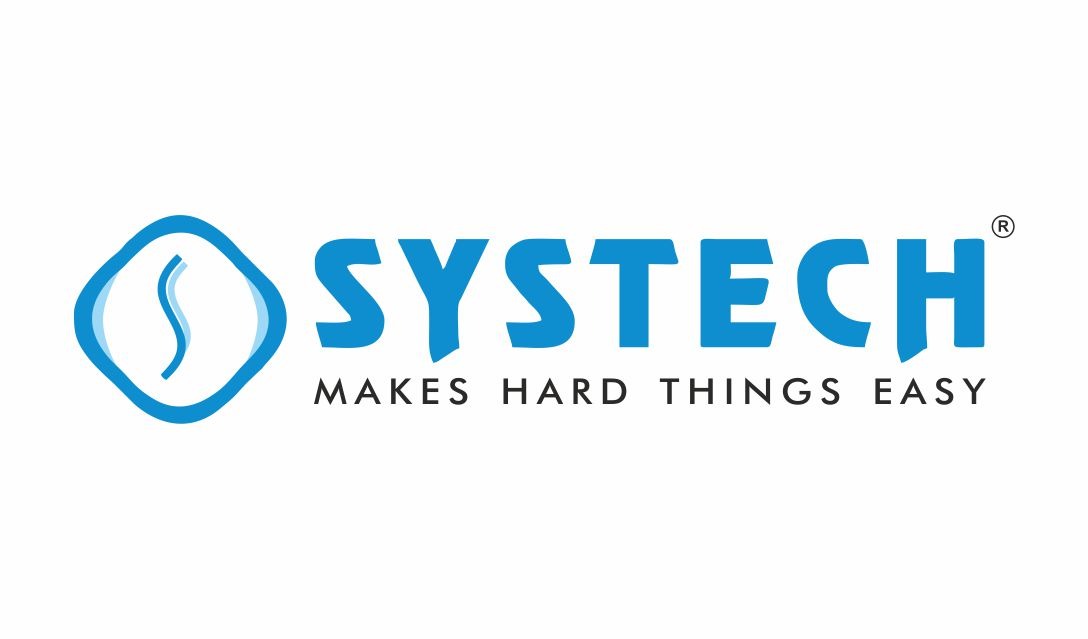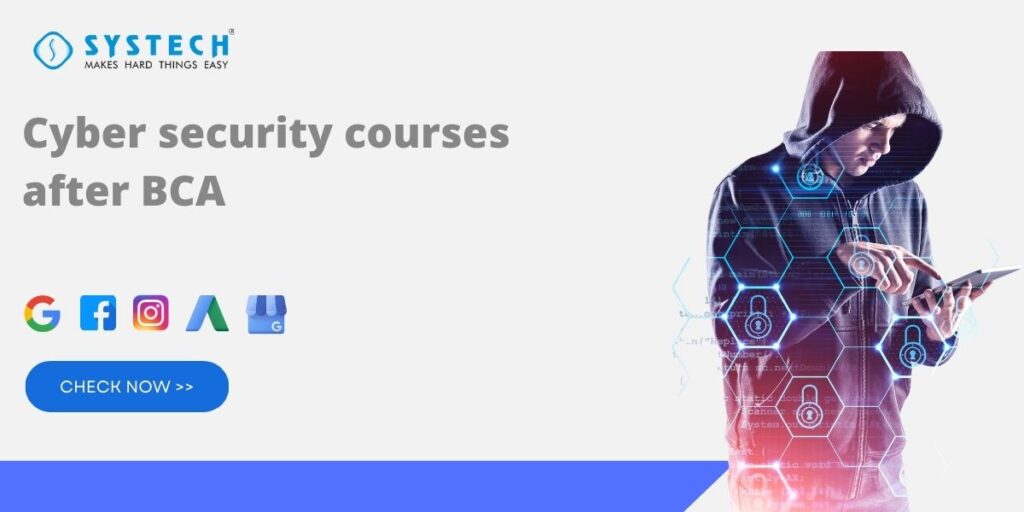Table of Contents
Cyber Security After BCA: Your Ultimate Career Guide
The rise of technology has brought significant advancements but has also opened doors to a new wave of cyber threats. For students who have completed their BCA, cyber security after BCA emerges as a highly promising and rewarding career path. With companies worldwide investing heavily in digital security, there has never been a better time to consider this field.
In this guide, we’ll explore why cyber security is an excellent career option, how to get started, and the courses that can enhance your skills as a professional.
Introduction
Cybersecurity is no longer an optional skill but a necessity in today’s tech-driven world. For BCA graduates, pursuing a career in cybersecurity opens doors to high-paying jobs, global opportunities, and impactful roles in protecting digital ecosystems.
Why Choose Cyber Security After BCA?
- High Demand for Professionals: Cyber security experts are needed across all industries, from finance to healthcare.
- Lucrative Salaries: The BCA cyber security salary for entry-level roles ranges from ₹4-6 LPA, with experienced professionals earning upwards of ₹15-20 LPA.
- Global Opportunities: Cyber security skills are in demand worldwide, allowing professionals to work abroad or remotely.
- Challenging & Rewarding Work: Whether you’re tackling security breaches or building defense mechanisms, the job is intellectually stimulating.
Best Additional Courses for BCA Students to Pursue Cyber Security
If you’re wondering, “After BCA which course is best?” here are the top options to enhance your skills in cyber security:
Ethical Hacking
- How to Become an Ethical Hacker After BCA: Start by learning programming languages like Python and Java. Then, enroll in certifications such as CEH (Certified Ethical Hacker) to gain practical knowledge.
Network Security
- Key Skills You’ll Learn: Firewall configuration, VPN setup, and network monitoring tools.
Cybersecurity Fundamentals
If you’re new to the field, start with a course in cybersecurity fundamentals. These courses answer the common question: “Can we do cyber security after BCA?”
- Topics Covered: Types of cyber threats, data protection techniques, and risk management.
- Certifications: CompTIA Security+ and Cisco CyberOps.
Master’s in Cyber Security
Can I do a master’s in cyber security after BCA? Absolutely! A Master’s program equips you with advanced skills in cryptography, forensic analysis, and risk management.
- Why Consider This Option?
For those asking, “Can I become cyber security after BCA?” pursuing a Master’s degree significantly boosts career opportunities. Universities in India and abroad offer tailored Master’s programs for BCA graduates.
How to Become a Cyber Security Expert After BCA
Becoming a cybersecurity expert requires a systematic approach. Follow these steps to kickstart your career:
Step 1: Build Your Foundation
Enroll in foundational courses that cover topics like ethical hacking, cryptography, and network security.
Step 2: Earn Relevant Certifications
Enroll in certifications like CEH, CISSP, or CompTIA Security+ to gain industry-recognized credentials.
- Why It Matters: Certifications make your resume stand out and give you practical expertise.
hy, and network security.
Step 3: Gain Practical Experience
Participate in internships, bug bounty programs, or lab simulations to gain hands-on experience.
Step 4: Specialize
Consider pursuing advanced courses, certifications, or a master’s in cybersecurity after BCA to deepen your knowledge and specialize in areas like threat analysis or forensic security.
Benefits of CyberSecurity Courses After BCA?
Pursuing cyber security after BCA offers numerous benefits:
- Lucrative Salaries: High-paying roles in leading industries.
- Global Opportunities: The skills are in demand worldwide.
- Growth Potential: Rapid advancements ensure career growth.
- Flexibility: Freelance or remote work opportunities.
These benefits make BCA cybersecurity and ethical hacking a perfect career choice for tech enthusiasts.
Job Opportunities and BCA Cyber Security Salary
There are diverse job roles available for cybersecurity professionals, including:
- Ethical Hacker
- Security Analyst
- Network Security Engineer
- Forensic Analyst
BCA Cyber Security Salary:
- Entry-Level: ₹4-6 LPA
- Mid-Level: ₹10-15 LPA
- Senior Roles: ₹20 LPA+
Conclusion
Cyber security after BCA is one of the most promising career options today, offering high salaries, global opportunities, and challenging work. Whether you choose ethical hacking, network security, or advanced certifications, the field is rich with opportunities for growth and success.
Start by enrolling in the best additional courses for BCA students, and you’ll be well on your way to a rewarding career in cybersecurity.
Related Courses
FAQs
Can I do Cyber Security after BCA?
Yes, BCA graduates can pursue cybersecurity through certifications or advanced degrees.
Which is the best course for Cyber Security after BCA?
CEH, CompTIA Security+, and CISSP are highly recommended courses.
How long does it take to become a Cyber Security expert?
Certifications take 6-12 months, while a Master’s degree takes 2 years.
What is the average salary in Cyber Security after BCA?
Entry-level salaries range from ₹4-6 LPA, with growth opportunities up to ₹20 LPA or more.
Is coding necessary for Cyber Security?
Basic coding knowledge is helpful but not mandatory for all roles.
Can I pursue a Master’s in Cyber Security after BCA?
Yes, many universities offer specialized Master’s programs.
What are the job roles in Cyber Security?
Popular roles include ethical hacker, network security engineer, and security analyst.
Can I work abroad in Cyber Security?
Yes, cybersecurity is a global field with high demand worldwide.
Which certification is best for beginners?
CompTIA Security+ and CEH are excellent options for beginners.
Can I freelance in Cyber Security?
Yes, many professionals offer freelance services in penetration testing and consulting.
Do Cyber Security jobs offer remote work?
Yes, many cybersecurity roles offer remote working options.
How to choose the best Cyber Security course?
Consider your career goals, budget, and course reputation.
Can I specialize in Ethical Hacking after BCA?
Yes, certifications like CEH and OSCP focus on ethical hacking.
What industries hire Cyber Security professionals?
IT, finance, healthcare, and government sectors hire extensively.
Are there government job opportunities in Cyber Security?
Yes, government agencies regularly recruit cybersecurity experts.

